In Charlotte, North Carolina, tragedy struck on August 22, 2025. A 23-year-old Ukrainian refugee, Iryna Zarutska, was brutally stabbed to death on a Charlotte Area Transit System light rail train. She came to America after fleeing war in Ukraine, looking for safety. Instead, she found a system that failed her in the worst possible way.
The attack was random, captured on surveillance video, and utterly senseless. It’s a video I wish I hadn’t watched. Yet for Charlotte residents, it wasn’t shocking—it was another grim reminder of a city struggling with violent crime. CMPD data shows arrests are up in 2025, but people don’t feel safer. And why would they? Arresting criminals doesn’t matter if the courts just release them back onto the streets.
That’s exactly what happened here. The suspect, Decarlos Dejuan Brown Jr., now facing federal charges for murder in a terrorist attack against a mass transportation system, had been arrested at least 14 times before this. Fourteen. His record includes violent offenses, yet every time, the system found a way to let him go—bail, procedural leniencies, or simply not holding him long enough to protect the public.
This “revolving door” of justice is the real culprit. Brown should never have been in a position to take another life. But he’s not unique. Earlier this year, a teen repeat offender in Charlotte was put on house arrest while facing attempted murder charges. House arrest—for attempted murder. That’s not justice. That’s negligence.
Americans have long been sounding the alarm: close the revolving door. Hold repeat violent offenders until trial. Give judges the authority to prioritize public safety over paperwork. But for years, those calls have been brushed aside. Now, we see the consequences in the worst way possible.
And yet, in the middle of all this pain, some voices decided to make this about race. The suspect is Black, the victim white—facts opportunists have weaponized to stoke division. Some have even donned a white profile picture, a throw back to the black profile picture which many donned on social media during the George Floyd riots.
Let me be clear: this is nonsense. It was divisive then, and it is divisive now. Tribalism doesn’t save lives – it only deepens wounds. Violence knows no race. Victims and perpetrators alike come from every background. To reduce Zarutska’s death to skin color insults her memory and distracts from the truth.
The truth is simple: a broken criminal justice system allowed a dangerous man to walk free until he killed. That’s the failure we need to address.
So what’s the way forward? For starters, bail reform must prioritize public safety. Repeat violent offenders shouldn’t get a revolving door—they should be held until trial. Judges need resources and authority to keep dangerous individuals off the streets. And mental health interventions must be expanded so people who show clear warning signs don’t escalate into tragedy.
Charlotte’s leaders, including Mayor Vi Lyles, admit public safety needs improvement. But words aren’t enough. Until policies change, until the system stops treating public safety as an afterthought, tragedies like this will keep happening.
Iryna Zarutska came here seeking safety. Instead, she became another statistic in a city unwilling to confront its failures. We owe her more than outrage. We owe her justice—not just in court, but in reform.

